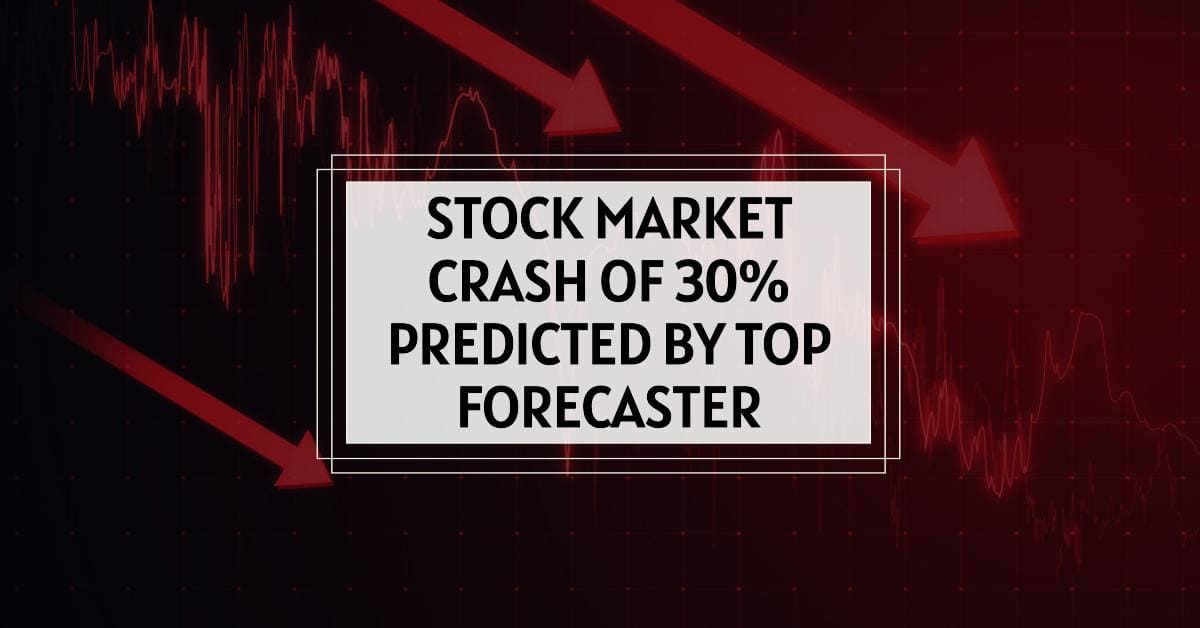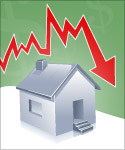The U.S. stock market is a dynamic and often unpredictable entity, reflecting the ebb and flow of economies worldwide. Recently, a top forecaster has indicated that a significant correction could be on the horizon, potentially leading to a 30% drop in market values.
This prediction aligns with reports from JP Morgan, which suggest that after reaching a peak in 2024, the stock market may experience a downturn of 20-30%. Such a correction is not unprecedented in the history of financial markets, but it does warrant a closer examination of the factors that could contribute to such an event.
What Could Trigger this “Crash or Correction?”
A correction of this magnitude is typically triggered by a confluence of economic indicators and events. Analysts from JP Morgan have highlighted several reasons for potential volatility, including economic recession and an inverted yield curve. They also note that corporate balance sheets are currently weaker than they were before the 2008 recession, which could exacerbate the impact of a market downturn.
Gary Shilling, a renowned market forecaster, has echoed similar sentiments, suggesting that overpriced stocks, economic strain, and a concentration of market value in a handful of stocks could lead to a significant market correction. Shilling's analysis points to a stock market that is historically overvalued, with the Shiller price-earnings ratio for the S&P 500 about 45% higher than its long-term average.
The potential for a market crash is further supported by Cole Smead, a portfolio manager at Smead Capital, who warns that a premature rate cut by the Federal Reserve could lead to inflation spikes and investor flight, resulting in a double-digit drop in stock values. Larry McDonald, founder of “The Bear Trap Report,” also predicts a 30% drop in US stocks over the next two months, citing higher interest rates choking demand and impacting the economy.
Caution and Preparedness
While these forecasts paint a grim picture, it's important to remember that the stock market is influenced by a myriad of factors, and predictions are not certainties. Investors are advised to approach the market with caution, diversify their portfolios, and stay informed about the latest economic developments. The possibility of a market correction serves as a reminder of the inherent risks involved in investing and the importance of strategic financial planning.
Therefore, while the prospect of a 30% market correction is concerning, it is essential for investors to maintain a long-term perspective and make decisions based on a comprehensive understanding of market conditions. By staying vigilant and adaptable, investors can navigate through potential market turbulence and position themselves for future growth.




